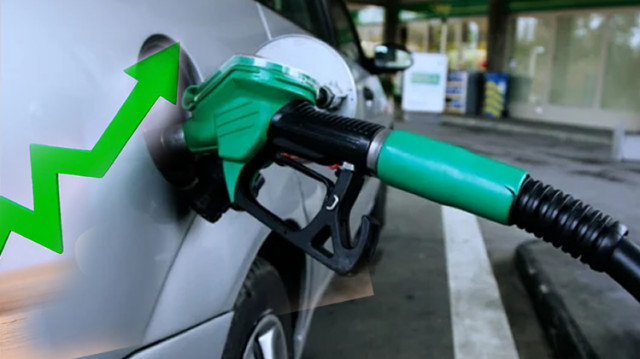The Major Energies Marketers Association of Nigeria has said the landing cost of Premium Motor Spirit, also known as petrol, is N1,117 per litre as of Tuesday, July 16, 2024.
The association revealed this during a webinar with journalists on Wednesday.
The association also revealed that the landing cost of diesel was N1,157 per litre, and the landing cost of aviation fuel was N1,127 per litre.
The current landing cost of petrol is significantly higher than the pump price of the product in Nigeria.
At present, filling stations operated by the Nigerian National Petroleum Company Limited and major marketers sell petrol at prices ranging from N617 to N660 per litre, while independent marketers sell for N700 per litre or more.
NNPC, the sole importer of petrol into Nigeria, has consistently denied subsidising the cost of petrol but has not disclosed the landing cost of the product.
This revelation from MEMAN is one of the first from marketers in the industry, as the landing cost has been shrouded in secrecy by the importer of petrol.
MEMAN’s Executive Secretary, Clement Isong, mentioned that the costs were obtained from independent energy price benchmark providers.
The association stated that it would regularly release similar information to keep the public informed.
Recently, independent oil marketers accused private depot owners of increasing the ex-depot price of petrol from N630 to N720 per litre.
In related news, Prof Wumi Iledare, an expert in the energy sector, expressed that the cost of petrol in Nigeria was significantly lower than the international price, especially when compared to the price of diesel.
He expressed concern about the substantial gap between the costs of diesel and petrol in Nigeria, suggesting that something is amiss.
He speculated that either NNPC is paying subsidies or someone else is absorbing the difference, leading to the current price of petrol not reflecting the actual market cost of production.
Supporting this viewpoint, Professor Adeola Adenikinju, a renowned economist at the University of Ibadan and President of the Nigerian Economics Society, stated that the current price of PMS is being subsidized by the government through a system of under-recovery, where the government purchases at higher rates and sells to consumers at reduced prices.
The International Monetary Fund (IMF) recently cautioned the Nigerian government to eliminate implicit fuel and electricity subsidies.
The IMF's report indicated that these subsidies could consume three per cent of the nation’s Gross Domestic Product in 2024, compared to one per cent in the previous year.
Despite President Bola Tinubu's announcement of fuel subsidy removal during his inauguration in May 2023, the IMF highlighted concerns about the lack of prompt and effective compensatory measures for the poor, as well as corruption issues.
This resulted in the reintroduction of implicit subsidies by the end of 2023 to help Nigerians cope with high inflation and exchange rate depreciation.
However, both the NNPC and the Federal Government have strongly refuted claims of subsidising the current price of PMS.
#




















